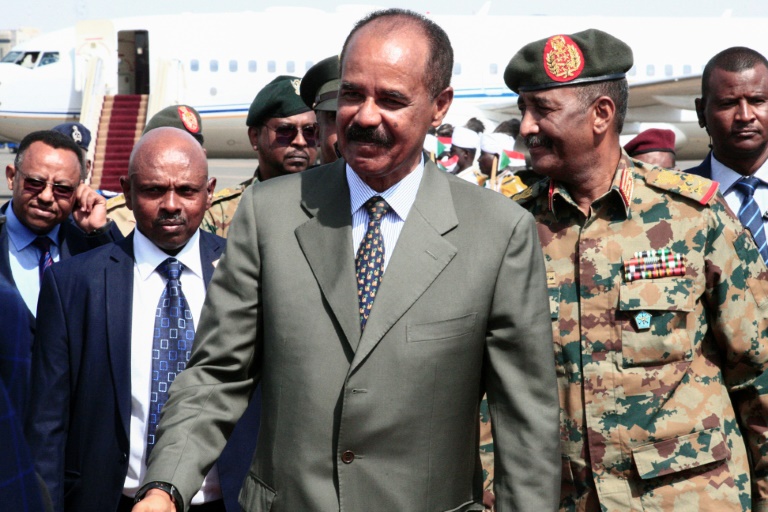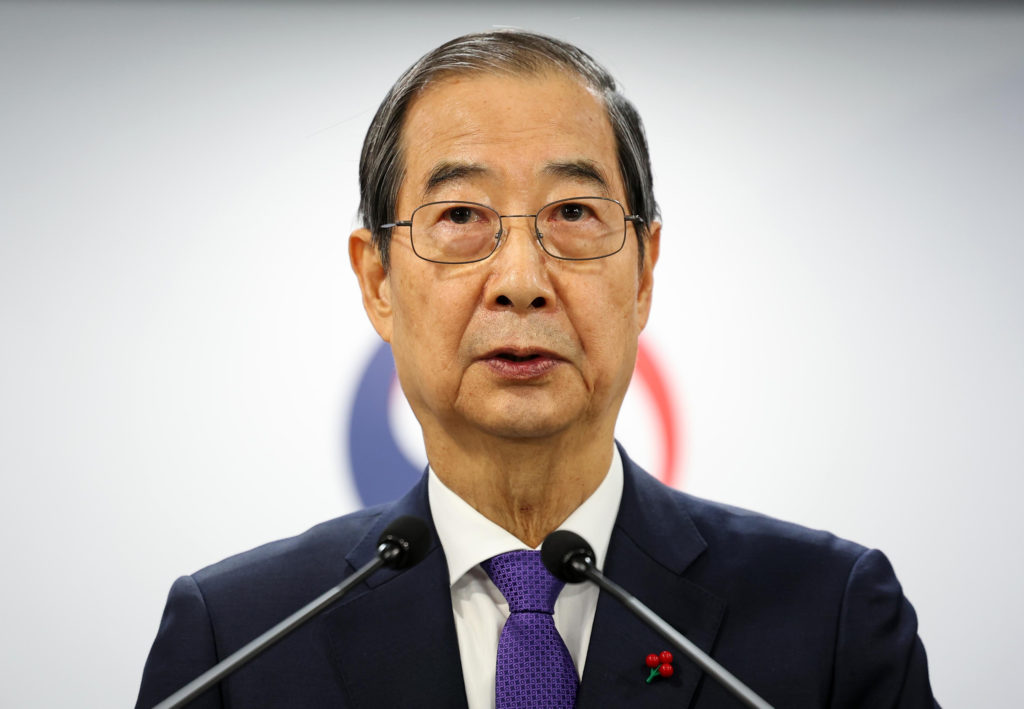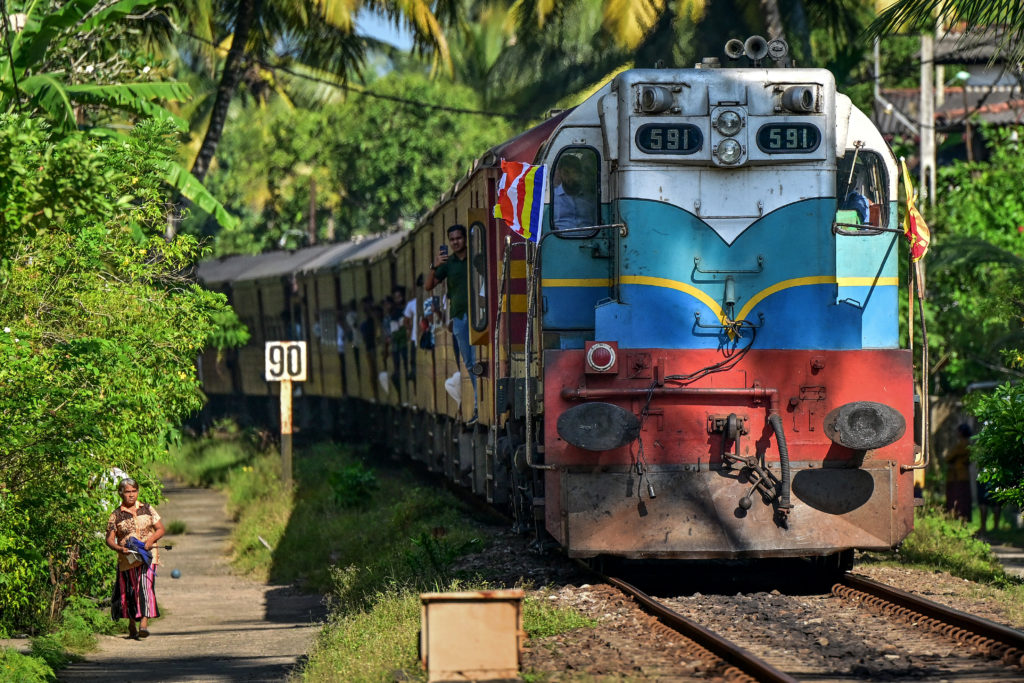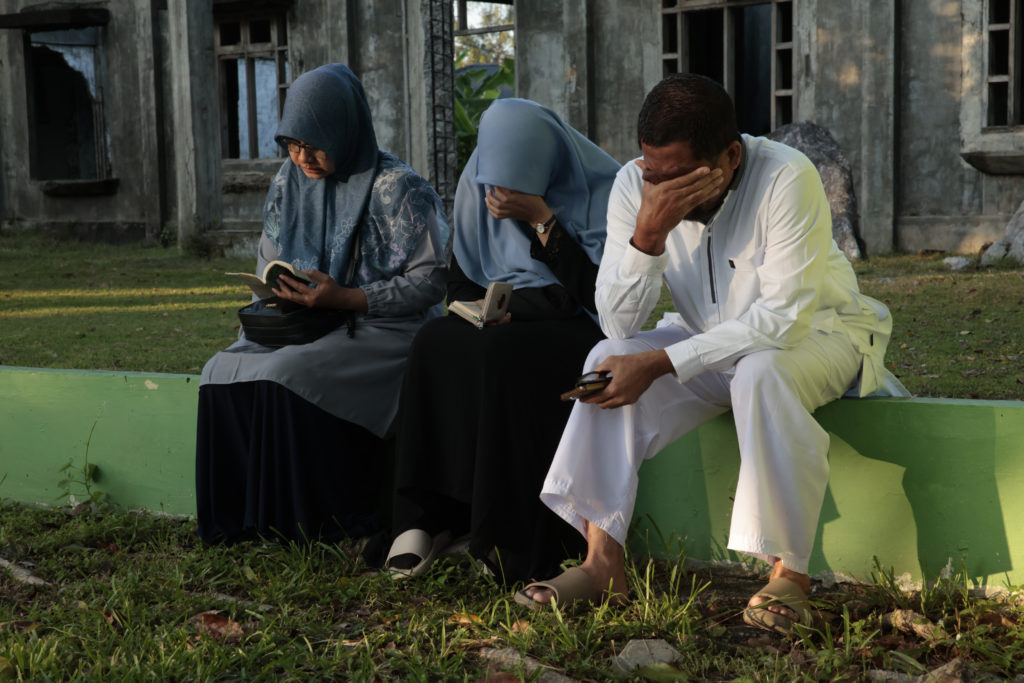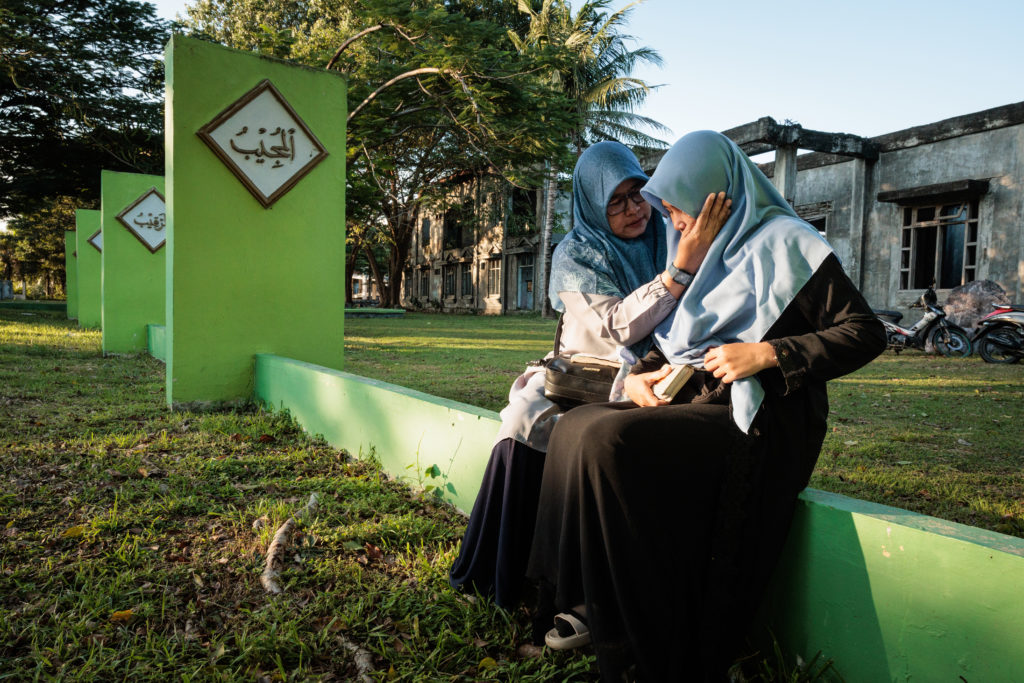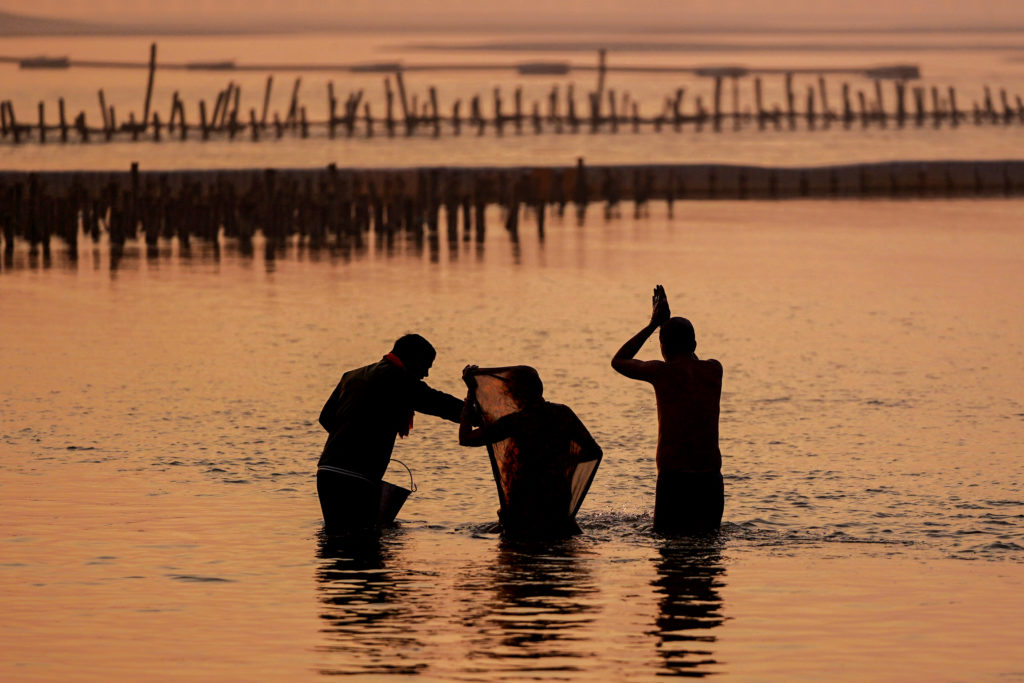The last time Noel Joseph saw his uncle, they spent most of their visit discussing a daring proposition: going public with criticism of Eritrean autocrat Isaias Afwerki.
It was June 2001, and Noel’s uncle, government minister Petros Solomon, was preparing an open letter warning that the Red Sea nation was in “crisis”, with Isaias “acting without restraint” and refusing to hold promised elections.
Noel recognised the letter was powerful and worried about what might happen to his uncle under a government that had no tolerance for dissent.
These fears proved well-founded: On September 18, 2001, one month after publishing the letter, Petros was rounded up while out for a jog, part of a lightning-fast crackdown that spelt the death knell for opposition under Isaias.
“I think this was the time when the Eritrean dream, or Eritrean hope, was dashed really. Because there was a lot of hope until then,” Noel told AFP this week.
Security agents detained 11 high-profile dissenters over two fateful days in September 2001, and then proceeded to shut down all private media.
With the 20-year-anniversary of the purge this weekend, the victims remain incommunicado, swallowed up by the Eritrean gulag, their families unable to confirm if they are alive or dead.
Isaias, meanwhile, is still in power, his position not visibly challenged even as his regime comes under fresh scrutiny — this time for the conduct of Eritrean forces in the brutal war in northern Ethiopia.
– Road to repression –
Authoritarian and secretive, Isaias rose to power by commanding one of Africa’s most remarkable rebel forces during a 30-year struggle for independence from Ethiopia, its much larger neighbour.
The rebels finally took the capital Asmara in 1991, an achievement facilitated by their alliance with an Ethiopian rebel movement, the Tigray People’s Liberation Front (TPLF), which took control of Addis Ababa that same year.
But cracks soon formed in that partnership, leading to a two-year border war from 1998 that left tens of thousands of people dead.
The open letter published in 2001 took particular issue with the war, saying it “revealed fundamental weaknesses in the way we function”.
Tensions between Isaias and his critics were palpable in the year leading up to the September 2001 purge, said journalist and academic Dan Connell, who interviewed several of the letters’ signatories, known as the G-15, during their final months of freedom.
“It was clear that this was going to build,” Connell said, adding that by August “things were getting really intense”.
After silencing his high-profile critics, Isaias moved against those who spoke out about what happened to them, including Connell, who had been working at the information ministry but was ordered to leave the country in 2002.
Relatives of the G-15 were also caught in the dragnet.
In 2003 Petros’ wife, Aster Yohannes, returned to Eritrea from the US, where she had been studying, having received assurances that she could safely visit her family.
She was arrested on arriving at Asmara’s airport and, like her husband, has not been heard from since.
– ‘Press freedom predator’ –
September 2001 also brought a crushing assault on press freedom in Eritrea, with 11 journalists caught up in the arrests that month.
As with the politicians, it is impossible to know for sure where the journalists are being held and whether they are still alive.
Among them is Dawit Isaak, a reporter at the independent newspaper Setit who has dual Eritrean-Swedish citizenship.
The 56-year-old is reportedly locked up in the infamous Eiraeiro prison, where torture is allegedly common practice.
Last month UN rights experts said a credible source had indicated Dawit was still alive as of September 2020 — the first sign of life in seven years.
His brother, Esayas Isaak, told AFP he had no information about that clue, but said he was happy the world was starting to pay attention.
For years he struggled to raise awareness about Dawit’s case, in no small part because the crackdown in Eritrea came just one week after the 9/11 attacks in the US.
“For Isaias and his regime, it was a good opportunity to do what they wanted, as the world’s focus was not on Eritrea, definitely not on Africa,” Esayas said.
The latest global index from Reporters Without Borders placed Eritrea last out of 180 countries, and the group refers to Isaias as a “press freedom predator”.
– ‘Coercion, fear and force’ –
In the past year, Eritrea has been in the news mostly for its role in the conflict in northern Ethiopia, where it has backed Prime Minister Abiy Ahmed’s bid to topple the TPLF.
AFP has documented allegations that Eritrean soldiers have carried out massacres in the region and engaged in widespread rapes of Tigrayan women.
Eritrea has rejected those charges, although in August the US imposed sanctions on its army chief Filipos Woldeyohannes over human rights abuses in Tigray.
Connell said the events of September 2001 and what is happening today in Tigray “are closely related”.
“This is the regime that keeps itself in power through coercion, fear and force. And it’s attempting to export those approaches to the situation in Ethiopia,” he said.
Even if that connection did not exist, Noel said it would be important to remember men like his uncle who helped build Eritrea before running afoul of Isaias.
“The sad aspect of all this is these are people who were prepared to die for the independence of the country, and who had served the country highly,” he said.
“They are historical figures who made a huge contribution. And the regime tried to erase them from history.”

